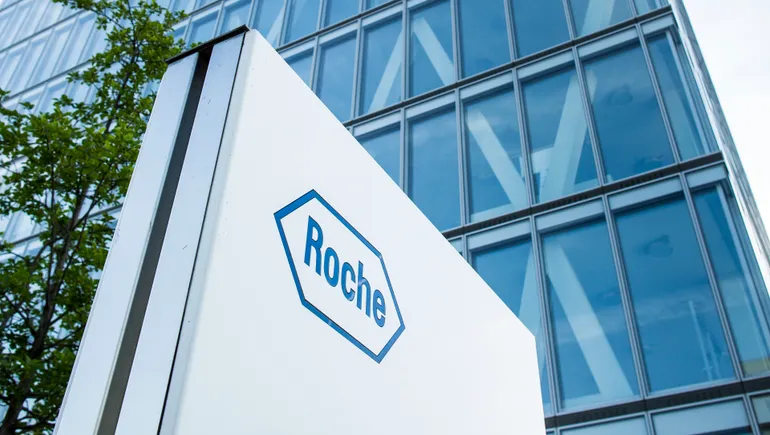Dive Brief:
- Roche launched the first test using the company’s technology to simultaneously detect up to 12 respiratory viruses.
- The launch, announced Tuesday, enables users of Roche’s Cobas 5800, 6800 and 8800 molecular diagnostic analyzers to test for pathogens including influenza A and B, RSV and the COVID-19 virus.
- The test is available for labs in countries that accept CE marks. Roche plans to file for 510(k) clearance in the U.S. in the fourth quarter. The company is targeting a respiratory molecular diagnostics market that it has predicted will be worth 1.7 billion Swiss francs by 2027, the equivalent of about $2 billion according to Wednesday’s exchange rate.
Dive Insight:
Roche made the prediction at a diagnostics investor event in May. The company used the event to share details of its temperature-activated generation of signal technology, called TAGS.
A single PCR test can typically detect up to five targets, four viruses and one control, according to Roche, with each target represented by one color. The TAGS technology allows users to measure three targets in the same color, visible at different temperatures, for up to 15 total targets.
Nico Michel, Roche’s lifecycle leader infectious diseases for molecular lab, set out the benefits of the test and the pricing strategy at the May investor event.
“With this first TAGS assay … we make respiratory infection testing fully automated, and we enable our customers to easily scale and tackle seasonal high demand. We are also introducing an innovative pricing strategy with the possibility to order flexibly and use digital reflexing in a cost-efficient approach,” Michel said.
Roche shared more details of “digital reflexing” in its press release about the launch. The company said clinicians can specify which pathogens to check for, choosing, for example, to use the test to determine if an adult patient has influenza or COVID-19 in the winter months when those particular respiratory viruses are prevalent.
Typically, such targeted testing can delay diagnosis if follow-up tests are needed. Digital reflex removes that delay, Roche said, “by enabling the generation of additional results instantly or within seconds and without having to collect another sample or to run the existing sample again.”
Multiple countries have initiated local registrations of the respiratory test. Roche plans to file for clearance with the Food and Drug Administration as the next big item on its regulatory roadmap. The company identified the test at its diagnostic day as a product that will boost growth.
The launch of the respiratory test is part of a broader push to use the TAGS technology to enable flexible syndromic testing. Michel said the newly launched test is “the first of several future assays” based on the technology.

